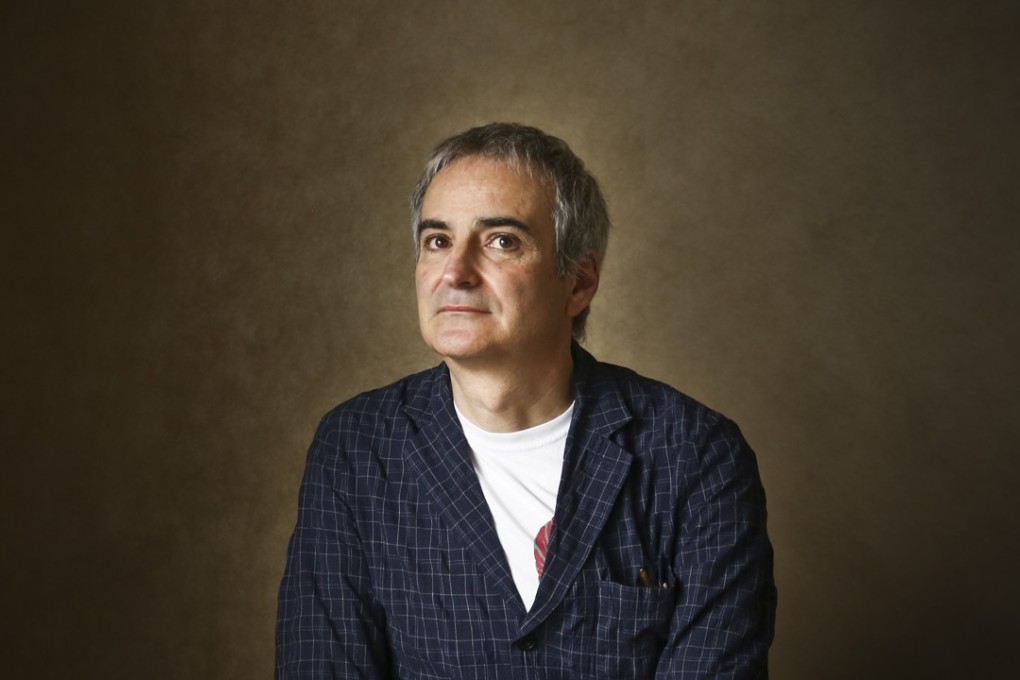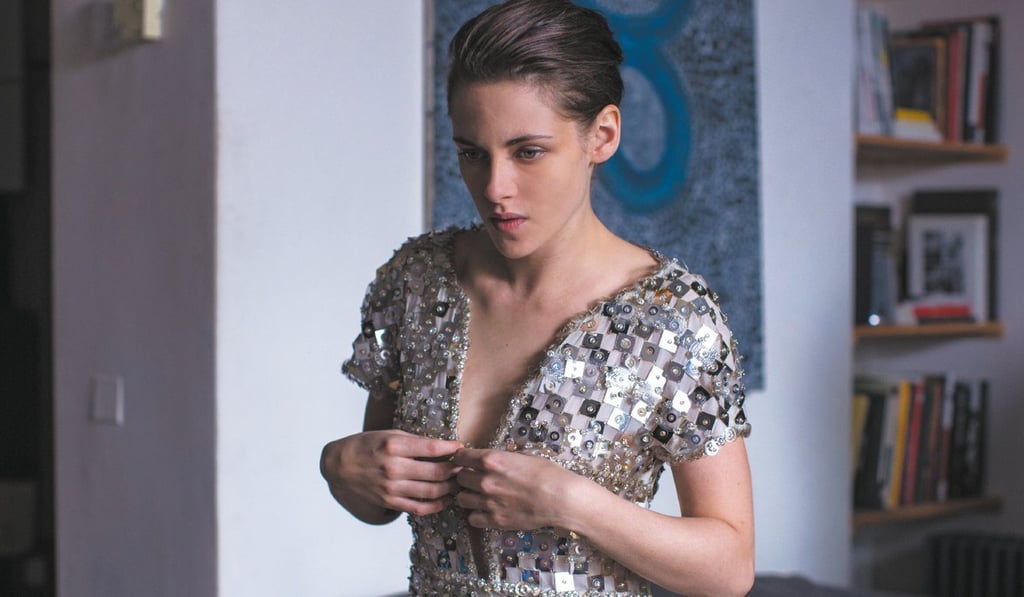Personal Shopper director Olivier Assayas on Kristen Stewart, Roman Polanski, and his wife’s flowering as a filmmaker
Acclaimed French director says collaborating with the American actress has inspired him to ‘go in different directions’, and he can’t wait to make a third film with Stewart

When the French writer-director Olivier Assayas first cast Kristen Stewart in a movie he had only seen a couple of the Twilight movies. Every accolade that has followed that inspired decision – including Stewart’s best supporting actress prize for her role in Clouds of Sils Maria at the 2015 Césars, as the first American actress to win at France’s most prominent film awards – is a pleasant surprise for Assayas.
“I think the collaboration with Kristen has been extremely inspiring for me,” says the 62-year-old art-house director. “I think it’s the way we function together. Kristen inspires me to go in different directions and function in slightly different ways; I suppose I also give her space she doesn’t really have in her other movies.”
“This film started pretty much with the idea of this character of a girl who is torn between the very mundane job she does in the fashion industry, and her inner life – she has bigger hopes, dreams and longings. I wanted to make a movie [set in] a world that is increasingly materialistic, where individuals can be easily crushed. A way to protect oneself is sometimes to be more on the spiritual side. There is some healing, some protection somehow, in accepting that we have a complex inner life.”
